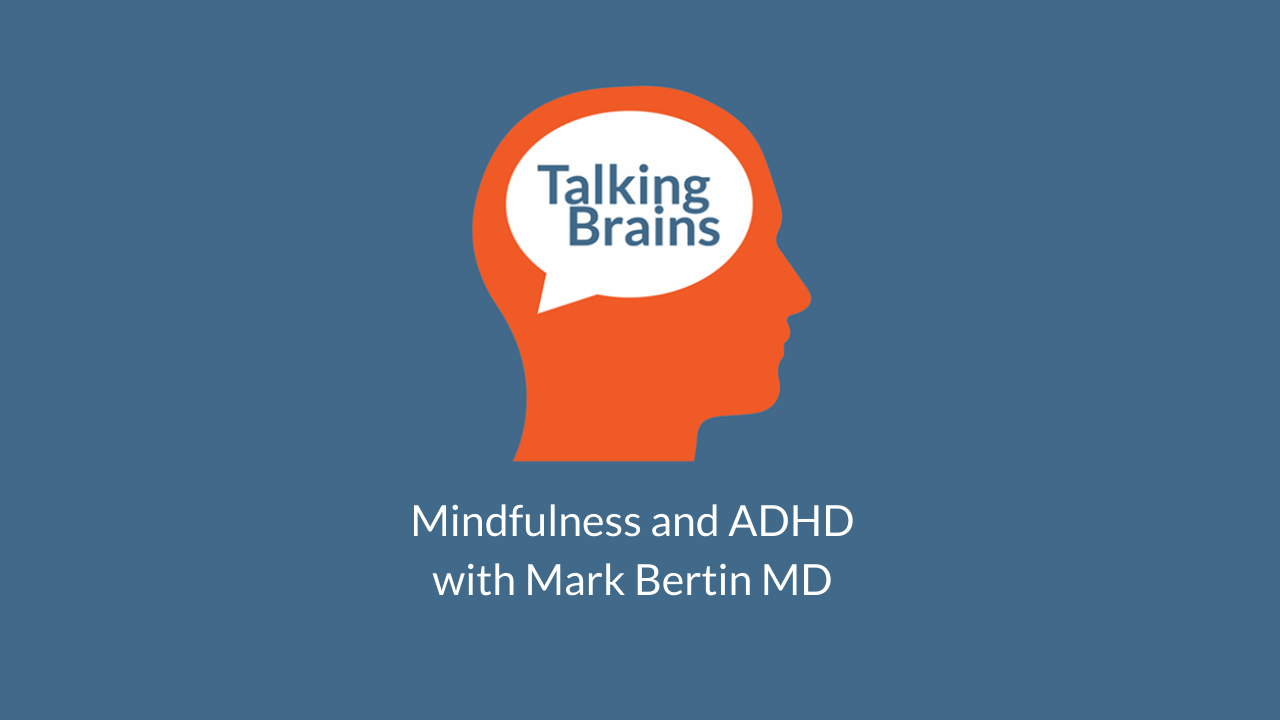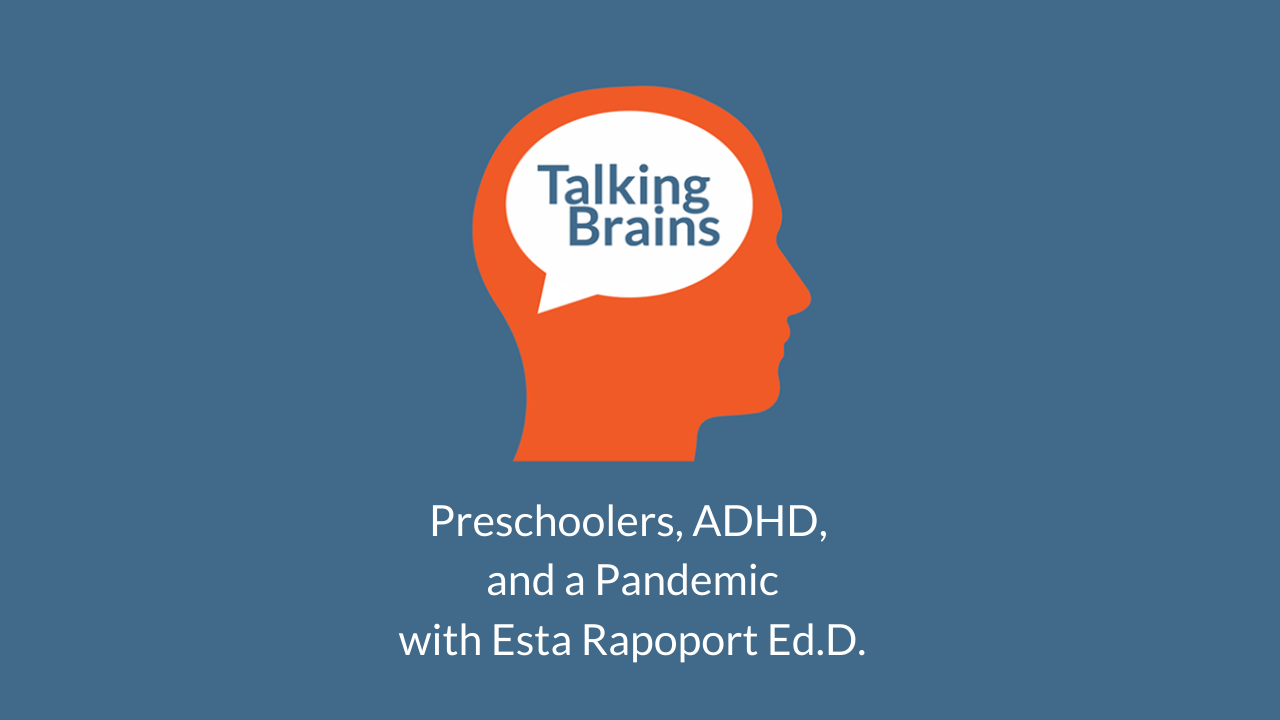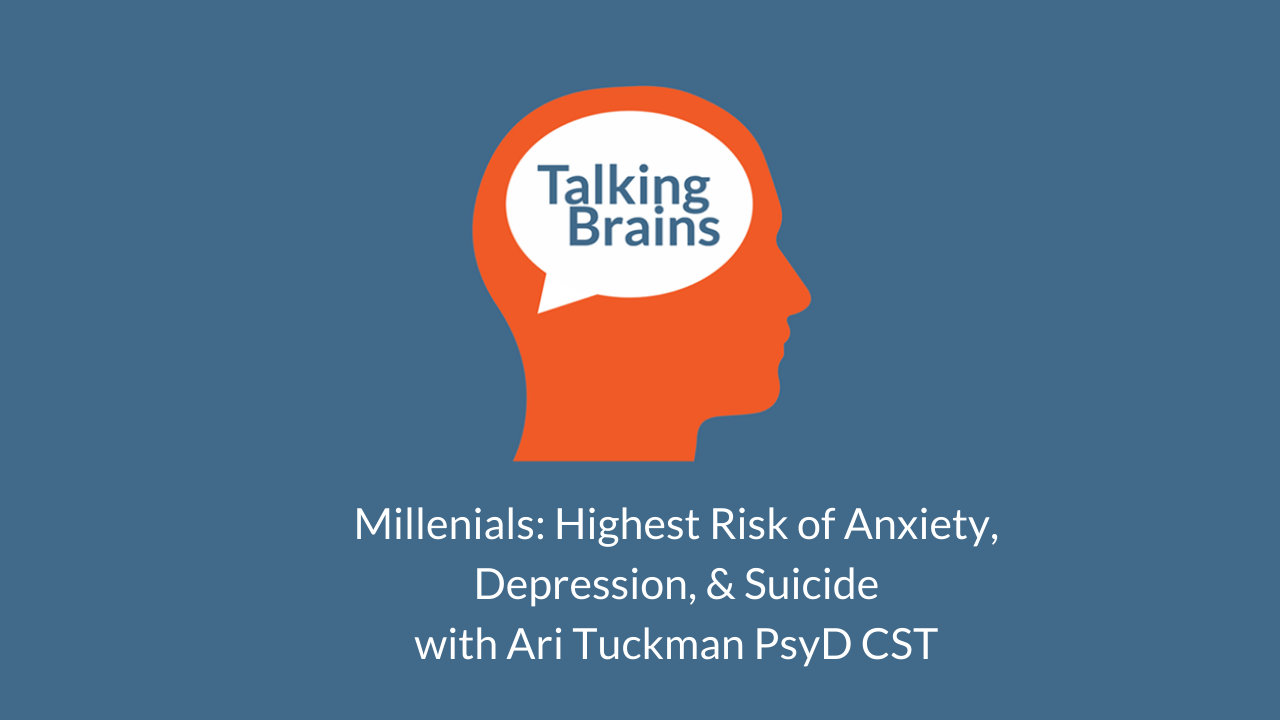ScienceDaily (2011-01-18) — Adults who suffer from attention-deficit and hyperactivity disorder (ADHD) are more than three times as likely to develop a common form of degenerative dementia than those without. Researchers confirmed the link during a study of 360 patients with degenerative dementia and 149 healthy controls, matched by age, sex and education.
“Our study showed that 48 per cent of patients with DLB (dementia with Lewy bodies) — the second most common cause of degenerative dementia in the elderly after Alzheimer’s — had previously suffered from adult ADHD” says lead author Dr Angel Golimstok. “This was more than three times the 15 per cent rate found in both the control group and the group with Alzheimer’s.”
“Our theory is that this association can be explained by the common neurotransmitter dysfunction present in both conditions. There is clearly a common process involved in both illnesses and it appears that ADHD often develops into DLB as the patient ages.”
http://www.sciencedaily.com/releases/2011/01/110118092132.htm
Here is my concern with this study:
A diagnosis of ADHD was assessed in subjects that already had dementia. The assessments were “based on symptoms described by direct informants who had known the patient for at least 10 years and had information obtained from a close relative who knew the patient in childhood.” Non-dementia subjects were “assessed using information from the subjects and direct informants”.
Here’s my issue with this: Getting information from someone who has known you for at least 10 years – let’s say just 10 – how could that info accurately determine if the memory issues were directly related to ADHD, or were the early onset of dementia? Losing items? ADHD – check. Early stages of dementia – check. Forgetful? ADHD – check. Early stages of dementia – check. Yes, there are symptoms that differ, but retrospective assessment is a tricky situation, especially if the criteria is knowing someone for just 10 years or more. Yes, asking about childhood symptoms can provide additional (and valuable information), but we’re talking about retrospectives from 60 to 70 years ago.
In addition, if subjects with dementia were assessed for ADHD through a “direct informant” and a “close relative who knew the patient in childhood”, then it would stand to reason that a methodologically sound study would assess non-dementia subjects in the same way. However, it is not clear if the non-dementia subjects had information given from a “close relative who knew the subject from childhood”, as did the subjects with dementia.
The study did give a diagnosis of ADHD if 2 out of 3 neurologists agreed, and a fourth neurologist reviewed the diagnoses.
Discuss.






Hi Stephanie,
I’m a social/personality psychologist, and I was present when you spoke at the Chadd meetings for South Broward. Your website/blog is very impressive and a great resource for research-based information and advice. (I have all your books.)
The ADD-dementia study interests me because I have a family history of dementia and I have ADD. In the study, the percentage of ADD in the DLB group was 48%, while the percentage in both the Alzheimer’s and control groups was 15%. A similar pattern of results emerged for the Wender scale: the ADD percentage in the DLB group was more than twice that of the Alzheimer’s and control groups. Given that the same assessment methods were used for both dementia groups, and further that both a subjective and objective measure were used for all groups, do you find that the pattern of results, particularly the nearly identical results for the Alzheimer’s and control groups, overcomes the measurement issues and gives validity to the conclusions?
Also, the high rate of ADD (15%) in the control group is interesting. I’m inclined to think that it could reflect an underestimation of the incidence of ADD in current approximations. What do you think?
–Carol
Hello Carol,
The assessment instrument was the same, but the sources of information were different. That to me is enough to at least raise some questions.
Yes, I think ADHD is underdiagnosed much more than it is ever overdiagnosed.